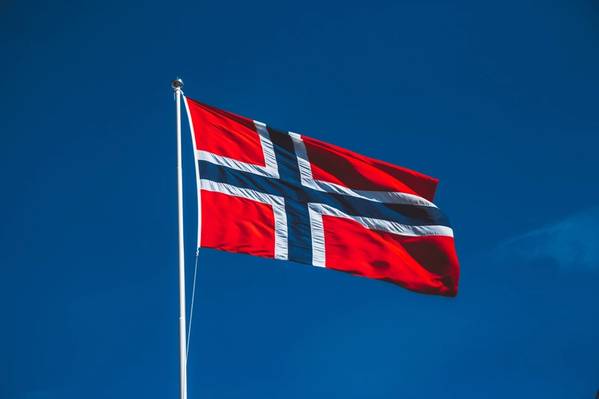
Two companies said on Wednesday they are seeking offshore seabed acreage on the Norwegian continental shelf where they hope to explore for minerals, in what could be the start of a controversial new mining industry.
The process puts Norway on track to become the first country to start commercial production from its continental shelf of metals useful in the transition from from oil and gas, such as copper, cobalt and zinc, as well as rare earth elements (REE).
Nominations for acreage submitted by a May 21 deadline will form the basis for announcing the country's first seabed mineral exploration licensing round later this year, Norwegian authorities have said.
Norway's energy ministry did not immediately respond to a request for comment.
Startup Loke, backed by TechnipFMC, Wilhelmsen and Kongsberg Gruppen, told Reuters it had nominated a substantial number of blocks focusing on areas with polymetallic crusts, rich in cobalt and rare earth elements.
"We are encouraged by the significant resource potential and are looking forward to the first licensing round," Chief Executive Walter Sognnes told Reuters in an email.
Oslo-listed Green Minerals said it had nominated four areas, each comprising several blocks. The company expects first ore from pilot production in 2028, according to a recent investor presentation.
Environmental groups, including Greenpeace, have called for a global moratorium on mining for seabed minerals, arguing that it can cause irreversible harm to little researched life forms.
The Norwegian government says the exploration phase should help to establish the potential impact of seabed mineral extraction, and also provide more knowledge about seabed organisms.
Norwegian oil firm Aker BP declined to say whether it had submitted nominations, but has previously said it would be interested in exploring the resource potential.
The government aims to issue first licenses in 2025, but companies will require separate approvals to start production.
The country's parliament, which decided in January to open vast areas in the Norwegian and the Greenland Seas to the potential new industry, will also have to approve the first projects.
(Reporting by Nerijus Adomaitis, editing by Terje Solsvik and Philippa Fletcher)